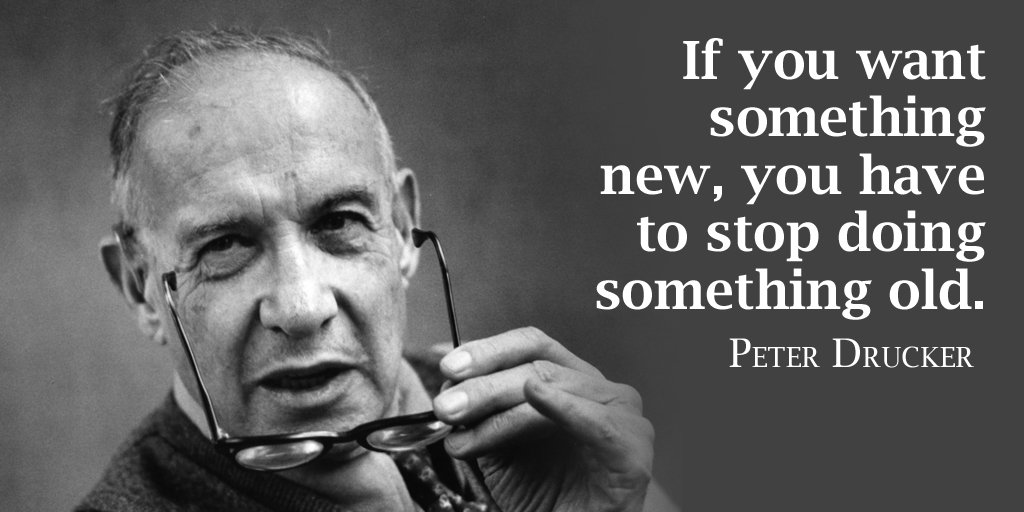
Managing Yourself: Business Thinking at its Best
More than a dozen years after his passing, the legacy of famed business writer Peter Drucker looms large in strategic thinking. Here is why.
Peter F. Drucker (1909-2005) invented modern management; because of his work we have accepted the idea that being a manager is a viable career choice, worthy of the same consideration given to law, medicine, engineering or architecture. The difference that Drucker brought to management can be summed up in a single phrase – he focused on human relationships, not on numbers alone. Keep in mind that Drucker was also the author of that famous dictum “what gets measured, gets improved”. How did he reconcile such two apparently contradictory approaches to the art of management?
He came to believe that organizations had the potential to bring out the best in people, and that employers would benefit from the win-win situation of fostering a workplace that brought dignity and a sense of community to the human spirit. With his unique combination of analytical observation and empathetic insight, he might be said to have been a pragmatic liberal, or a capitalistic humanist.
Such ideas were revolutionary in their time. Not long before Drucker arrived on the scene companies such as General Electric and Ford Motors had embraced the business model of efficiency experts. Under his influence those same companies began to manage their employees in more productive ways. Drucker found himself besieged with consulting offers from companies who sought competitive advantage.
In 1999 Peter Drucker wrote a seminal article for The Harvard Business Review, called “Managing Oneself”. It’s now a slim 70-page volume available from Amazon in paperback or Kindle form. This book is a fine introduction to Drucker’s ideas and why those ideas will continue to matter for decades to come. Central to his thesis is that each of us learns in diverse ways. This is something known to every elementary schoolteacher, but for decades this idea had never occurred to business managers. Some people, Drucker said, can learn by reading. Others by hearing, and others only by doing.
Considering the mountains of memos, manuals, emails and correspondence produced by the average corporation these days, I believe Drucker’s message is even more important today that when he wrote it. The entire concept of customer focus might be said to have emanated from Drucker. If one knows how to manage oneself (by truly understanding how you learn), then you are on the road to appreciate how others learn, and how to communicate with them.
Drucker believed in action and results. He also believed in communicating in a jargon-free manner at all times. Consider this excerpt from Managing Oneself:
“It is rarely possible—or even particularly fruitful—to look too far ahead. A plan can usually cover no more than 18 months and still be reasonably clear and specific. So the question in most cases should be, Where and how can I achieve results that will make a difference within the next year and a half ? The answer must balance several things. First, the results should be hard to achieve—they should require “stretching,” to use the current buzzword. But also, they should be within reach. To aim at results that cannot be achieved—or that can be only under the most unlikely circumstances—is not being ambitious; it is being foolish. Second, the results should be meaningful. They should make a difference. Finally, results should be visible and, if at all possible, measurable. From this will come a course of action: what to do, where and how to start, and what goals and deadlines to set.”
One final word from the pioneer of business strategy, who was known not only for his business acumen, but also for his innate modesty and sense of humour. As a famed business consultant, Drucker disliked the term ‘guru”, though it was often ascribed to him. He once told a reporter this:
“I have been saying for many years, that we are using the word ‘guru’ only because ‘charlatan’ is too long to fit into a headline.”

